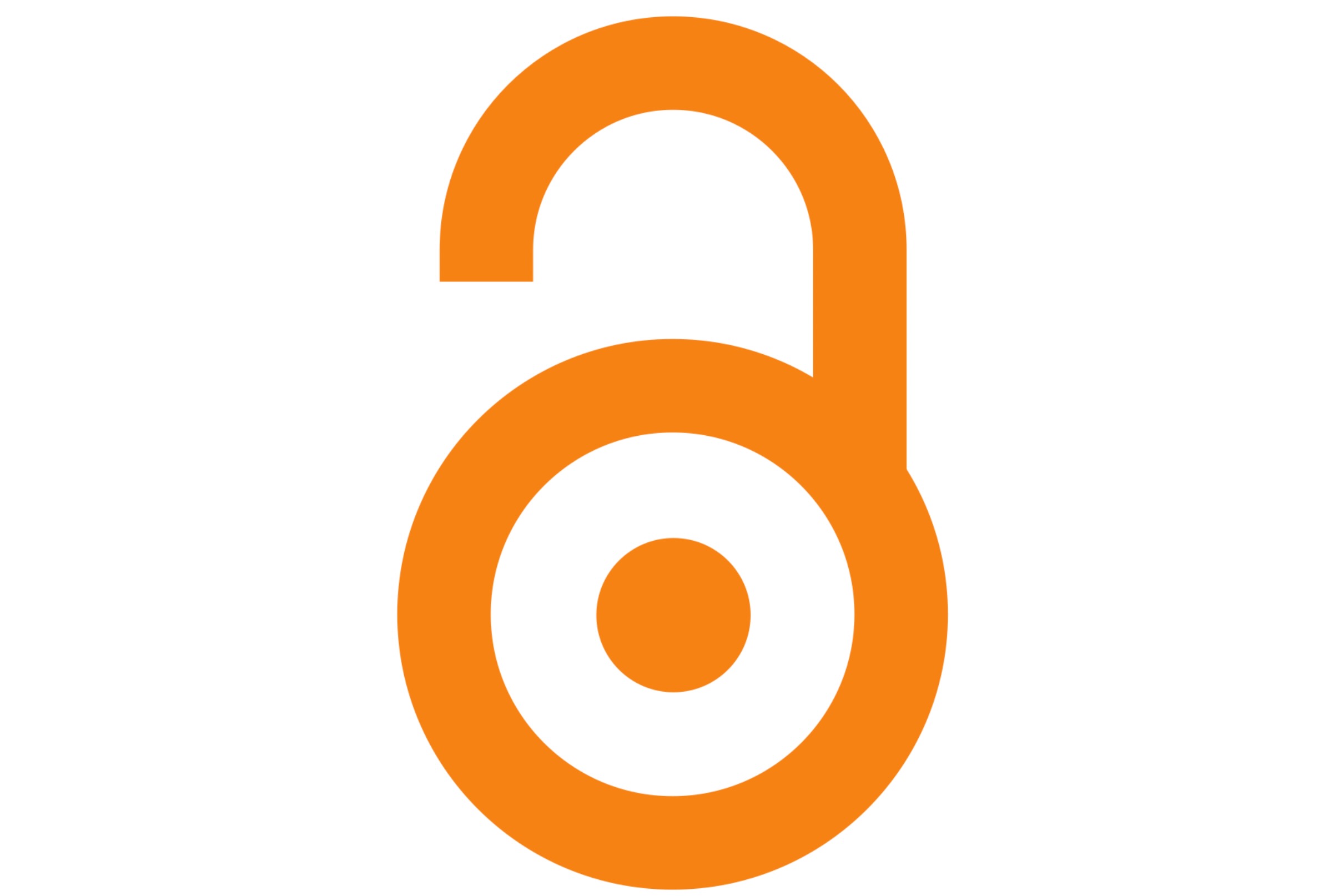eLife is offering open access agreements for research institutions “in support of a more equitable and sustainable system for scientific publishing”.
Under these agreements, known as “uncapped schemes”, corresponding authors affiliated with a partner organisation can publish an unlimited number of articles in eLife during a two-year term, with their organisation agreeing to cover a preset fee for that period. The publisher says uncapped schemes are a step towards a more equitable and sustainable publishing landscape, and typically help institutions support their researchers in publishing open access.
eLife’s first adopter of the agreement is the MIT Libraries, which runs until the end of April 2027 and applies to research submitted and sent for peer review through the eLife model. Launched in 2023, the publish–review–curate (PRC) approach used by eLife combines the speed and openness of preprints with the scrutiny offered by peer review.
Once an article has been selected for peer review, the authors can be sure that it will be published in eLife as a Reviewed Preprint. This is a new type of scientific publication that includes the article, feedback from the reviewers, and an eLife Assessment that summarises the significance of the findings being reported and the strength of the evidence. This approach emphasises the scientific content of individual articles rather than journal name.
Adding to these benefits, eLife’s says the uncapped scheme makes the system more equitable by moving away from a publication fee per published article and allowing unlimited publications for eligible authors, regardless of their ability to pay. It is also aimed at speeding up the process for authors, as they can select their institute during submission and thereby bypass the payment process.
eLife has also developed a centralised scheme to help transition away from traditional author fees for publication.
“We’ve garnered strong support from the research community for our efforts to reform science publishing and assessment,” says Fiona Hutton, eLife Head of Publishing. “With our uncapped and centralised schemes, we hope to partner with other like-minded organisations that support alternative approaches to publishing so we can move towards a better system for all, together.”
Do you want to read more content like this? SUBSCRIBE to the Research Information Newsline!
